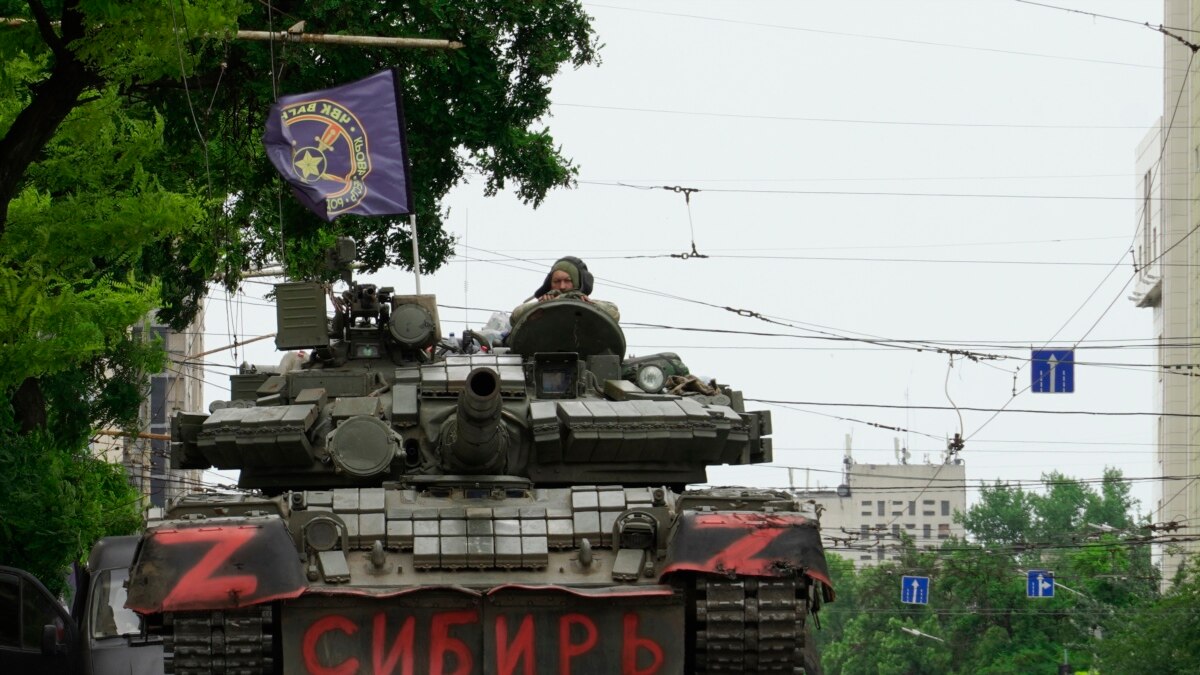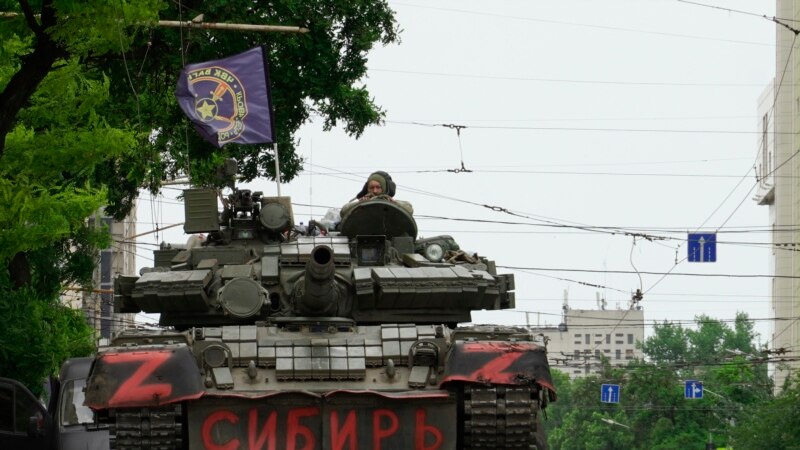Moscow Fears Exiled Russian Opposition Will Influence Presidential Elections

Russian President Vladimir Putin has decided to run in the presidential election in March and will stay in the Kremlin at least until 2030, Reuters reported on November 6, citing six sources knowledgeable of the plan. With 23 years in power, he is already the longest-serving ruler of Russia. Accused of war crimes in Ukraine and with key opposition figures imprisoned or exiled, Putin, 71, will face no political rival as he enjoys an 80% public approval rating, Reuters said.
Yet, the election authorities in Russia are on high alert expecting interference and sabotage from the oversized Russian community in exile, the most active of which are increasingly unhappy with Putin’s domestic and foreign policies, with the sentiment amplified by the ongoing war against Ukraine.
Chairman of Russia’s Central Election Commission, Ella Pamfilova used vulgar and dehumanizing language describing her countrypeople in exile to emphasize the Kremlin’s pre-election concerns at the Moscow gathering on November 21.
“Now, there will be presidential elections in March 2024, and already there is work being done by those scum who not only left but who now earn their pitiful pennies by forming the basis to disrupt the elections, discredit the elections.”
This claim is partly true.
Leaders and activists of the Russian opposition in exile are planning an anti-Putin campaign aimed at delegitimizing the March 2024 presidential elections in their homeland.
Since September 2023, groups of the Russian opposition in exile have been openly discussing plans to influence the 2024 Russian presidential elections.
On September 30, Maxim Katz, a Russian opposition vlogger with 1.95 million subscribers on YouTube, proposed a joint campaign to ensure that Putin would no longer be president of Russia. Katz called on all Russian opposition movements to combine sources and unite for that goal.
Some 200 Russians representing diasporas, political movements, and associations met with influential oppositional exiles on October 22 in Berlin, Germany. The effort was promoted by Putin’s long-time political rival Mikhail Khodorkovsky and his allies.
The participants signed an agreement to launch a nationwide campaign against Vladimir Putin ahead of the 2024 presidential elections.
“It was decided that we call on our fellow citizens to join the national campaign No to Putin. We believe that it is Vladimir Putin who is to blame for dragging our country into a major regional conflict, into a major war,” the meeting’s declaration said.
The opposition also decided to develop an action plan, which included countering the Kremlin’s propaganda, ensuring legal defense for those in Russia prosecuted for political reasons, and assisting anti-war activists.
The primary goal of the Russian exile opposition is to delegitimize Putin’s elections in March 2024, Dmitry Gudkov, an opposition figure and ex-member of the State Duma, told the Ukrainian TV channel FREEDOM.
The plan includes the engagement of opinion leaders: influential politicians, famous writers, popular artists, musicians, and actors will campaign against Putin reaching millions of Russians at home and abroad, Gudkov said.
There are also Internet and social media projects at work, like the “Legion of Elves” — the anti-war, anti-propaganda initiative involving the work of dozens of Russian refugees, Director of Free Russia Foundation’s office on South Caucasus Egor Kuroptev, told The Insider, a Latvia-based Russian news outlet, on November 16.
The “elves’” goal is to stop the war in Ukraine and help Russians “not to be brainwashed” by the state propaganda and the Kremlin-controlled media. “So that a person who watched TV would then come to social media and see a different point of view,” Kuroptev said.
Since the launch of the project almost two years ago, the “elves” have written more than 2.3 million comments on social media, infiltrating some 900 pro-government internet communities, primarily on the Russian state-owned social media platform vKontakte.
Some Russian exiles propose more radical ways of removing Putin from power. One of them is former Russian State Duma/Parliament Deputy Ilya Ponomarev, who has lived in Kyiv since 2014. Ponomarev supported armed resistance to the Russian authorities and took part in the creation of the Russian Freedom Legion, a unit within the Ukrainian army consisting of Russian citizens opposed to the Putin regime.
Ponomarev also created a “shadow Russian parliament” called the Congress of People’s Deputies, consisting of formerly elected Russian lawmakers in exile.
As in the previous elections, the Kremlin ensured that all of its political rivals were removed from the table. On April 17 the Moscow court found the prominent Russian opposition figure Vladimir Kara-Murza guilty of treason and sentenced him to 25 years in prison, citing his speech in 2022 in the Arizona House of Representatives in which he condemned Russia’s invasion of Ukraine.
Putin’s most prominent critic, Alexei Navalny, has been in prison since January 17, 2021, serving a 19-year prison sentence accused of creating an extremist community and inciting extremism.
Ethnic Russians are believed to be one of the world’s biggest diasporas, with an estimated 20 to 30 million Russians living abroad. In recent years, Russia faced its largest exodus after Putin ordered the Russian military to invade Ukraine in February 2022. By various estimates, 500,000 to 1.3 million people left Russia during the last year.
The majority, according to polls, left for political reasons: disagreement with the authorities and persecution.
Many Russian exiles continued their political activities from abroad, individually or as part of the various Russian opposition organizations founded mostly in Europe and some in the United States.
Pamfilova’s claim that exiled Russians will attempt to “discredit” the presidential election at home is misleading.
International observers, such as the Organization for Security and Co-operation in Europe, the Parliamentary Assembly of the Council of Europe, and others, have recorded systematic violations in Russian elections since 2011. They include the exclusion of Kremlin critics from the elections, government interference in voting, stuffing of false votes, violation of the vote counting procedure, and so on. For example, the OSCE described the 2012 presidential election in Russia as “preordained and unfair.”
The Parliamentary Assembly of the Council of Europe issued a statement on October 13, calling on European countries to consider the rule of Russian President Putin illegitimate if he remains in power after the 2024 elections. In this case, the statement said, Europe must halt all contacts with Russia, except humanitarian ones.
“The overwhelming power of the President resulting from the extremely long term in office combined with the lack of any checks and balances such as a strong parliament, an independent judiciary, free media, and a vibrant civil society has turned the Russian Federation into a de facto dictatorship,” the document said.
This article has been archived for your research. The original version from Polygraph.info can be found here.



